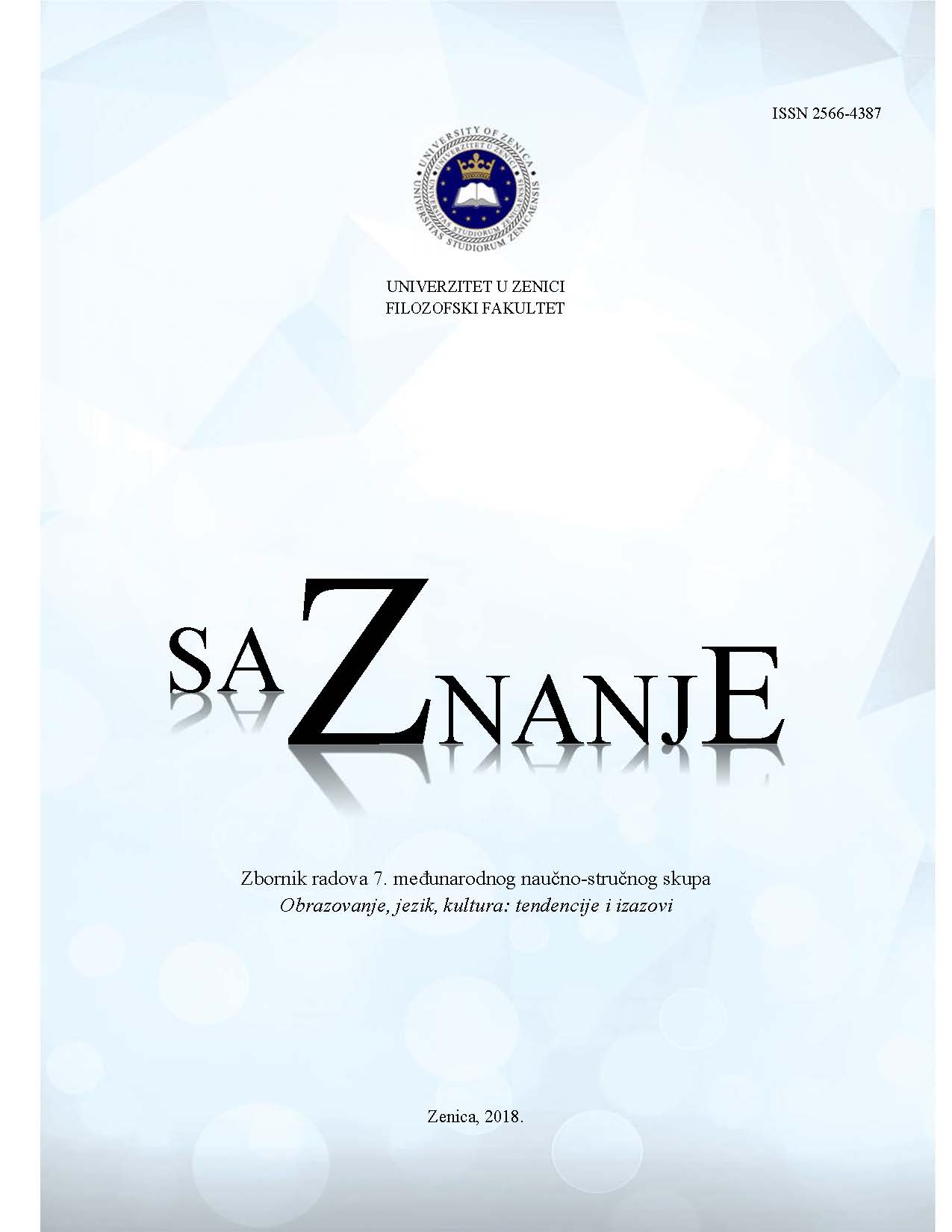OBRAZOVNI PRISTUP U PREVENCIJI GOVORA MRŽNJE U BIH
THE EDUCATIONAL APPROACH IN THE PREVENTION OF HATE SPEECH IN BOSNIA AND HERZEGOVINA
Author(s): Safet Mušić, Faris MarukićSubject(s): Social Sciences, Education, Communication studies, Politics and communication, Culture and social structure
Published by: Filozofski fakultet, Univerzitet u Zenici
Keywords: Hatespeech; Education; Violent extremism and radicalism; Prevention; Human rights;
Summary/Abstract: Hate speech is present in media and social media in BiH, discrimination is not only present through unprofessional news reporting, as well as through other forms of hate speech in the media. There are examples of religious or national intolerance, cases that rehabilitate or relativize fascism, genocide and war crimes, and are also very prominent examples of cyber bulling among minors. According to the results of the Center for Social Research Global Analytics, internet violence in our society is not sufficiently recognized as a social and sociological problem, as evidenced by the fact that only 38 percent of respondents, out of 512 participants in the survey, which believe that internet violence is a problem which our society is countering. Amendments and supplements to the FBiH Criminal Code, the criminal acts committed by hatred are defined as any criminal offense committed on grounds of race, color, religious belief, national or ethnic origin, language, disability, sex, sexual orientation or gender identity of another person. The law also stipulates that such actions will be taken as an aggravating circumstance, unless this law explicitly provides for a more severe punishment for a qualified form of hate crime. Unfortunately, a criminal law on the prohibition of denial or relativization of genocide and crimes against humanity has not yet been adopted at the state level of BiH. Criminal acts of public incitement to violence and hatred in courts in BiH are barely appearing, since hate speech, is not easy to legally and precisely define, because of the basic human right, freedom of expression. The European Commission through guidelines advise Member States to sanction hate speech, but also protect the freedom of expression, through: quick response of public figures on hate speech, promoting self-regulation of the media, raising public awareness about the harmful consequences of spreading hate speech, denial of financial assistance to the parties that encourage hate speech, the criminalization of extreme forms of hate speech. It is clear that the effects of hate speech are especially compromised by young people, as information consumers and the most common users of social media, so there is a need for an educational initiative that would be aimed at preventing and reducing hate speech in the media and in the public. The educational system in BiH, especially in the FBiH, is rather fragmented and in some cases reform processes are slow, which is also reflected in the implementation of new content or topics that would be studied through teaching processes. With this paper we want to show that the future brings new challenges in the field of hate speech, and enable the formal and informal educational context to deal with the issue of hate speech and youth, therefore involve school communities in that activity.
Journal: saZnanje
- Issue Year: 1/2018
- Issue No: 1
- Page Range: 781-795
- Page Count: 15
- Language: Bosnian

